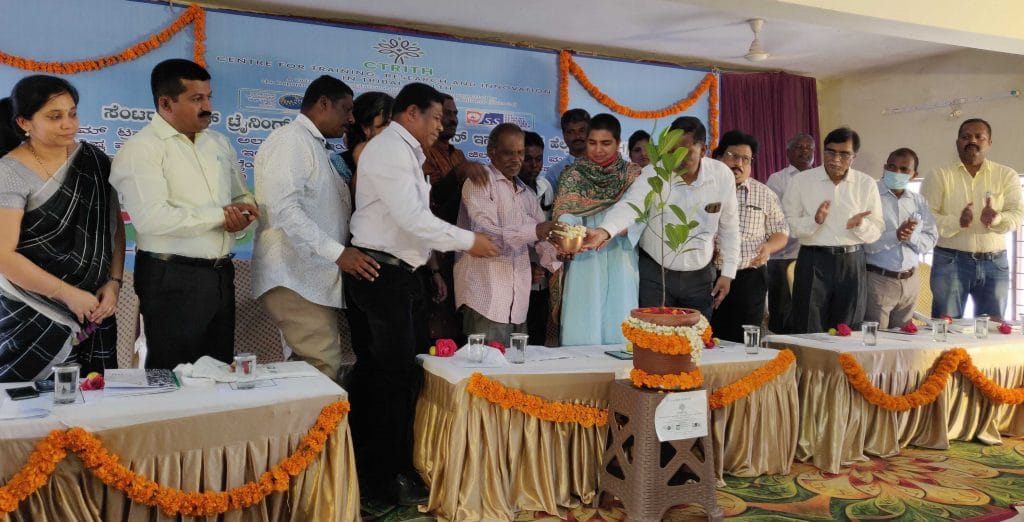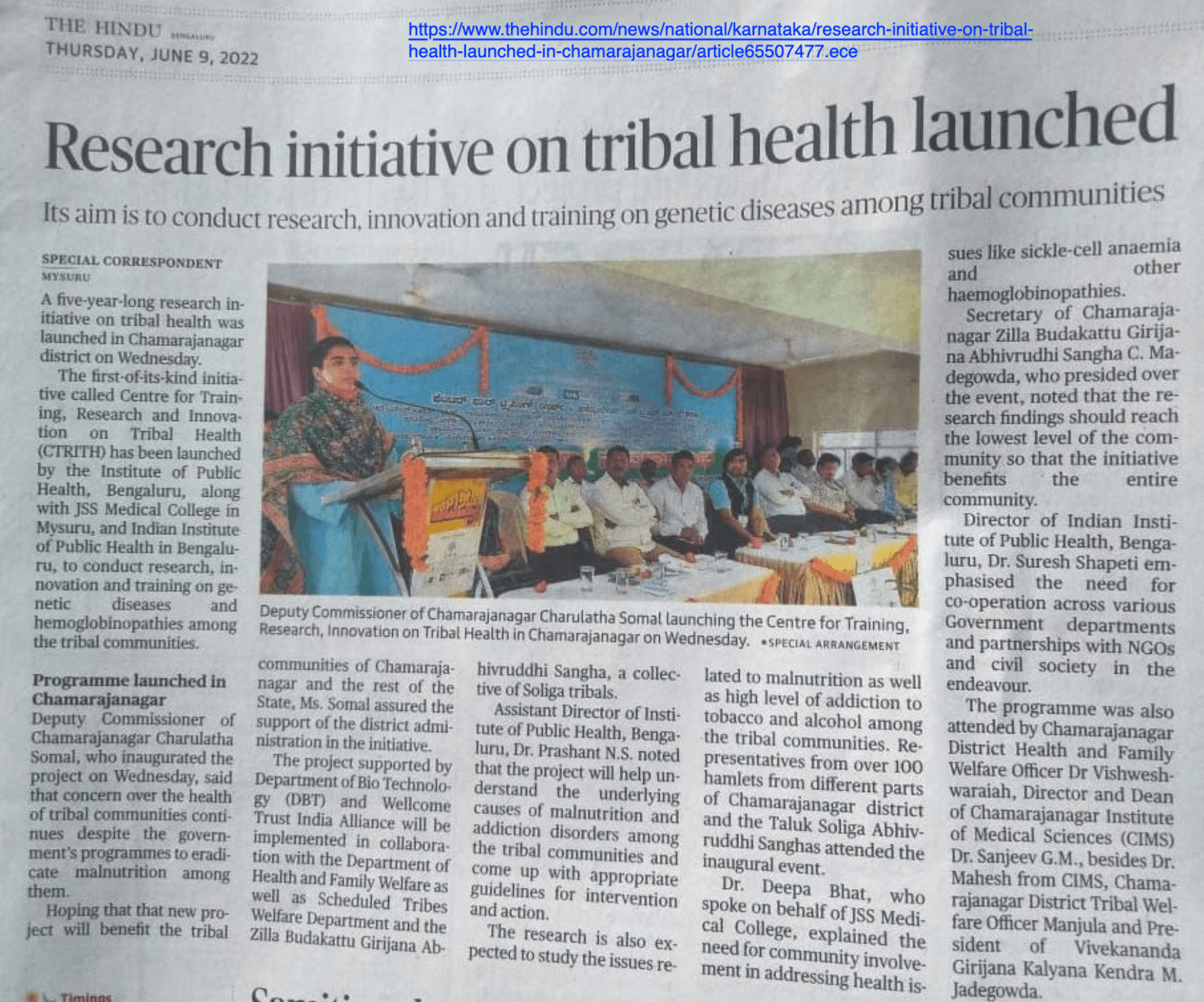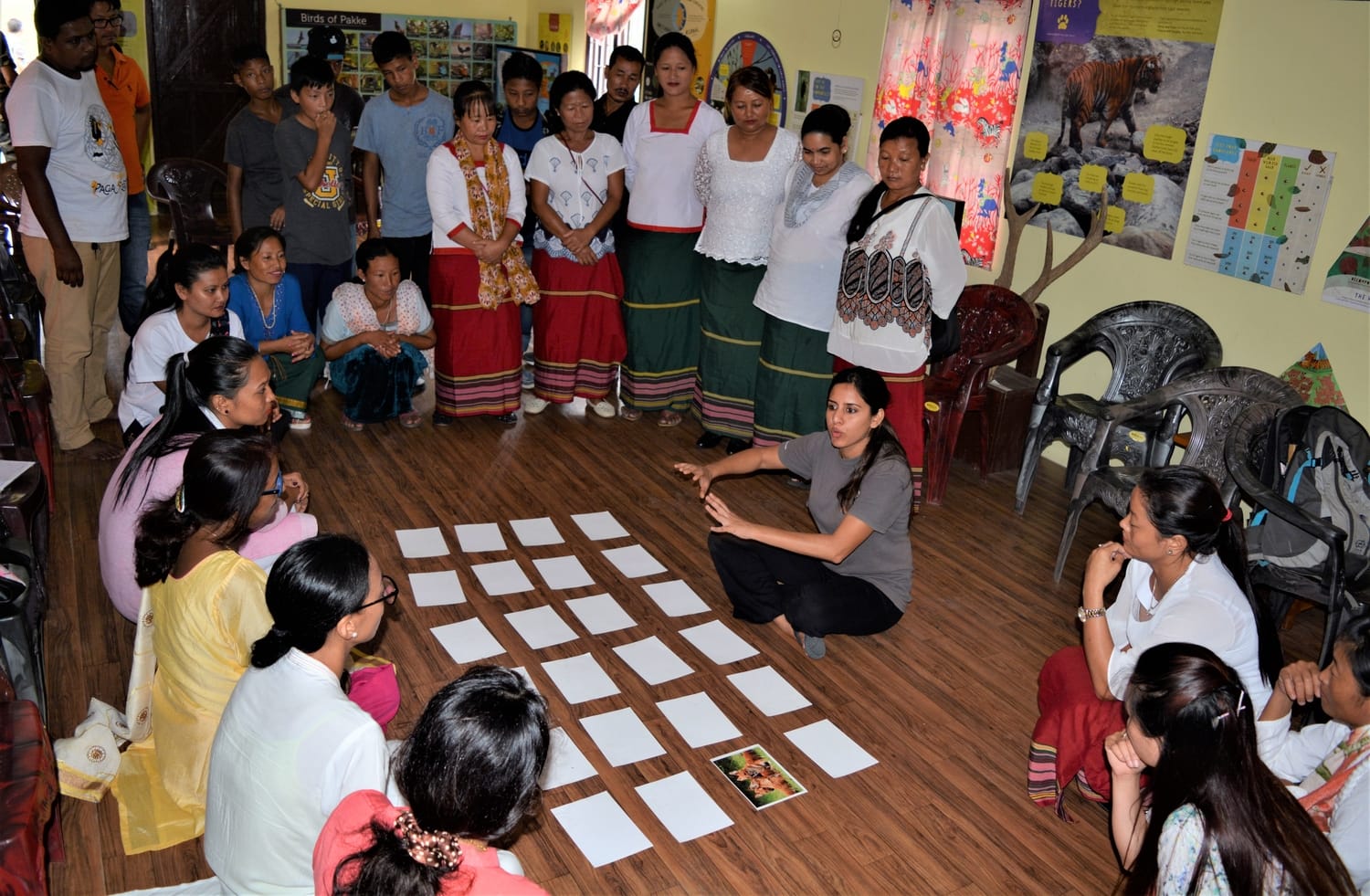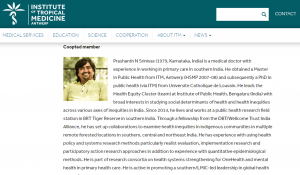The Institute of Public Health, Bengaluru along with J.S.S. Medical College, Mysore, and Indian Institute of Public Health, Bangalore launched a 5-year research initiative on tribal health supported by the DBT / Wellcome Trust India Alliance and in collaboration with the Chamarajanagar District Health & Family Welfare Department, Scheduled Tribes Welfare Department and the Zilla Budakattu Girijana Abhivriddhi Sangha, a collective of the Solega Adivasi community. The center includes research, innovation, and training on genetic diseases and hemoglobinopathies.
Charulata Somal, District Collector, who launched the Center for Training, Research and Innovation on Tribal Health (CTRITH), a first-of-its-kind in the state, noted that the Central and State Governments have organized many programs for the eradication of malnutrition, yet there is concern on malnutrition in tribal communities. She expressed hope that the initiative could bring about changes in tribal health. The new project will benefit the Adivasi communities of Chamarajanagar and the state and she assured the support of the district administration.
Speaking at the occasion, Dr. Prashanth N S, Assistant Director at the Institute of Public Health Bengaluru, noted that CTRITH would help understand the underlying causes of malnutrition and addiction disorders among Adivasi communities, and come up with appropriate guidelines for implementation and action. The program was attended by representatives from over 100 hamlets across 5 taluks and the taluka solega abhivruddhi sangha representatives.
The program was chaired by Dr. C Madegowda, Secretary of the Zilla Budakattu Girijana Abhivruddhi Sangha. He notes that research findings should not be limited to the advancement of the researcher but should reach the lowest level of the community and its benefits should be beneficial to the development of the community.
The Director of the Indian Institute of Public Health, Bangalore, Dr. Suresh Shapeti recalled his tenure as the District Health Officer of Chamarajangar and noted the need for cooperation across various government departments and partnerships with NGOs and civil society.
Dr. Deepa Bhat spoke on behalf of J.S.S. Medical College, and explained the importance of community involvement, explaining for action on sickle-cell anemia and other hemoglobinopathies.
Dr. Vishweshwariah, the District Health and Family Welfare Officer, Dr. G M Sanjeev, Director and Dean of the Chamarajanagar Institute of Medical Sciences (CIMS), Dr. Mahesh from CIMS, Manjula, District Tribal Welfare Officer, Dr. M Jadegowda, President of Vivekananda Girijana Kalyana Kendra addressed the gathering and wished the program success.































